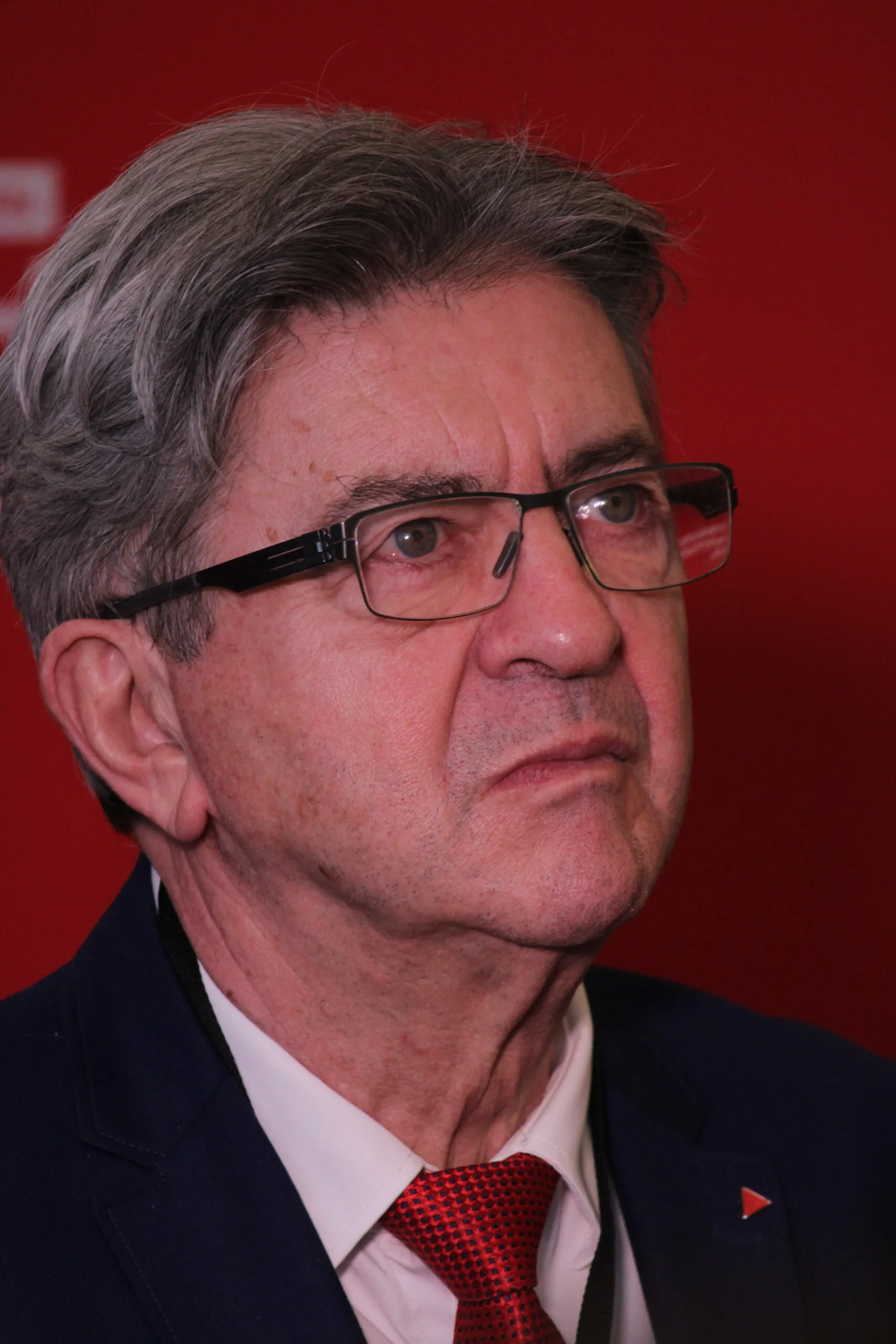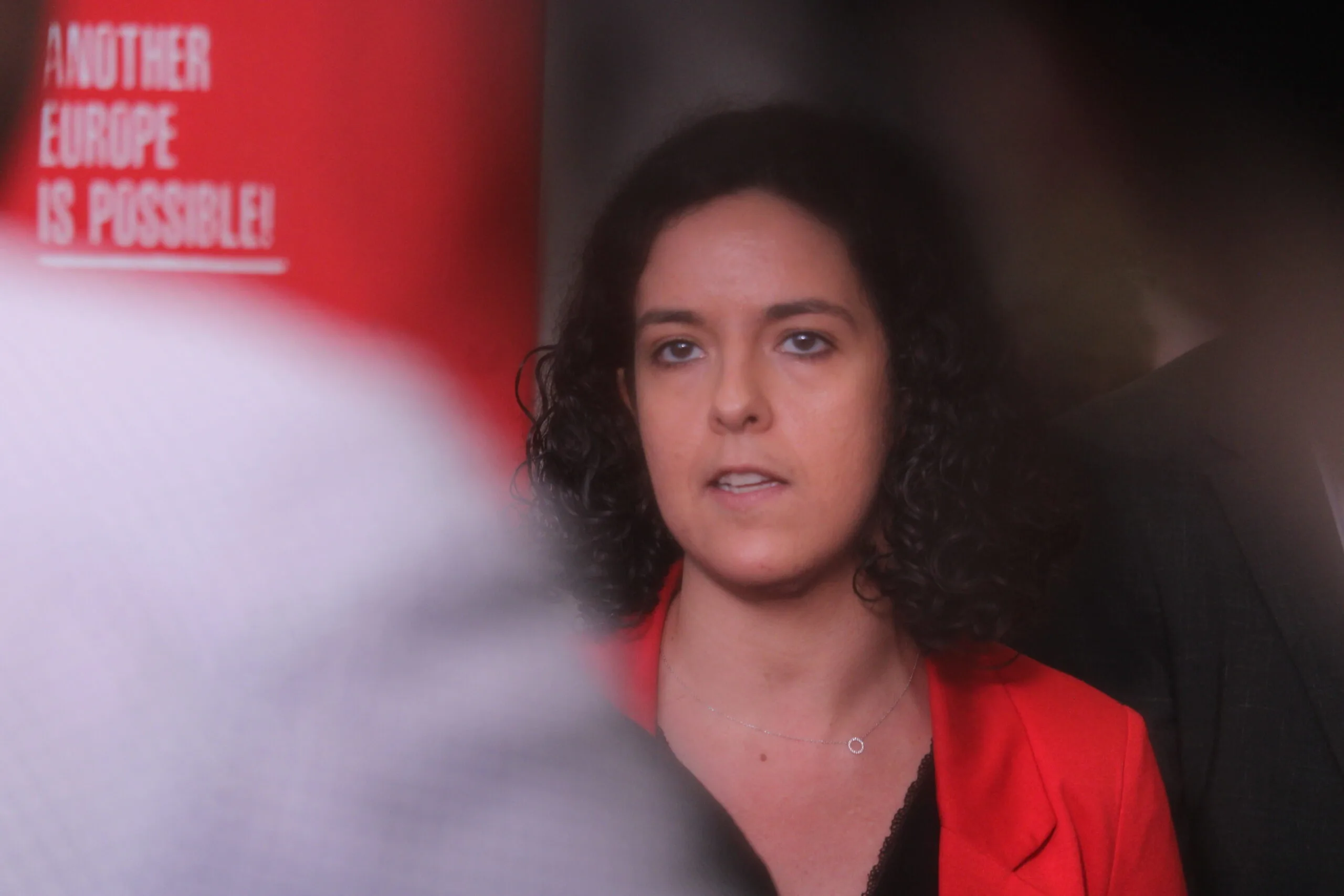Brussels – Capable of uniting the French left and making the New Popular Front the first coalition in the French National Assembly, but at the same time, one of the most divisive figures in transalpine politics. The leader of La France Insoumise, Jean-Luc Mélenchon, flies to Brussels to update the European Left group on the ongoing negotiations in Paris after the elections that sealed the defeat of the Rassemblement National. And he attacks Macron, “the man who dissolved Parliament” but still “not calling anyone to form a government.”
The two-time MEP (from 2009 to 2017) leads the largest delegation of The Left in the EU Parliament and the most-voted party within the NFP. That’s why he is clamouring for the right to name who will sit in Palais Matignon, the seat of France’s executive. He is headed down against the presidential coalition, with which he will likely have to seek a governmental agreement, but also against the other leaders of the left front. “On the initiative of Olivier Faure (secretary of the Socialist Party, Ed.), we have an agreement, namely that the first group of the coalition proposes the prime minister,” Mélenchon declares.

But in the galaxy of the French left, the founder of La France Insoumise (LFI), already a three-time presidential candidate, is increasingly perceived as an obstacle between progressive forces and access to power. He is too radical, too extreme and extremist, as when he calls today’s France a “presidential monarchy” that “invents its own rules as time goes by,” coming closer and closer to “the ancien régime where the only rule was the prince’s pleasure.” Case in point: the appointment of the future French European commissioner. Macron would like the reappointment of the current Internal Market commissioner, Thierry Breton, but “normally, if there is someone new to be appointed, the president of the Republic should consider the election results.” In France’s “presidential monarchy,” however, “that’s a question for the prince,” Mélenchon attacks again.
His fundamentalism hardly fits with the need to find compromises among political forces triggered by an electoral appointment in which no outright winner was decreed. Mélenchon, upon learning the results of the second round that consecrated the NFP as the first coalition in Parliament with 182 seats, compared to Ensemble’s 168 and Rassemblement National’s 143, immediately demanded a government that fully implements the progressive front’s program. That includes, among other things, freezing prices of basic necessities and energy, raising the minimum wage, abolishing Macron’s pension reform, raising taxes on income, property and inheritance, progressive taxation of wealth, and effective taxation of multinational corporations.
“The right question is not how much it costs” to increase public spending, “but who pays,” Mélenchon argues, even at the risk of clashing with the strict financial stakes imposed by Brussels. France is being targeted by the European Commission, along with Italy and five other member countries, for a procedure for the excessive deficit. “There is but one way to adjust the problems of excessive deficits, and that is clearly to increase revenues,” the LFI leader continues. Who promises: in the government he envisions “there will not be a single new spending chapter that is not tied to additional revenue.”

With him is the Left’s group leader in the EU Parliament, Manon Aubry, who claims the importance of the result obtained by La France Insoumise in the legislative elections: “The victory of the NFP in France is a light in the darkness of the extreme right in Europe,” he declares, warning that the “cordon sanitaire” on the French model must also be applied in Brussels. But without exception, “against all far-right political groups.” Even the European Conservatives and Reformists, of whose party Italian Prime Minister Giorgia Meloni is president. “Every time we open to the far right, the far right is ready to take power and monopolize it,” Aubry added.
English version by the Translation Service of Withub![Jean Luc Mélenchon e Manon Aubry al Parlamento europeo [Ph: Simone De La Feld/Eunews]](https://www.eunews.it/wp-content/uploads/2024/07/IMG_9776-750x375.jpg.webp)







